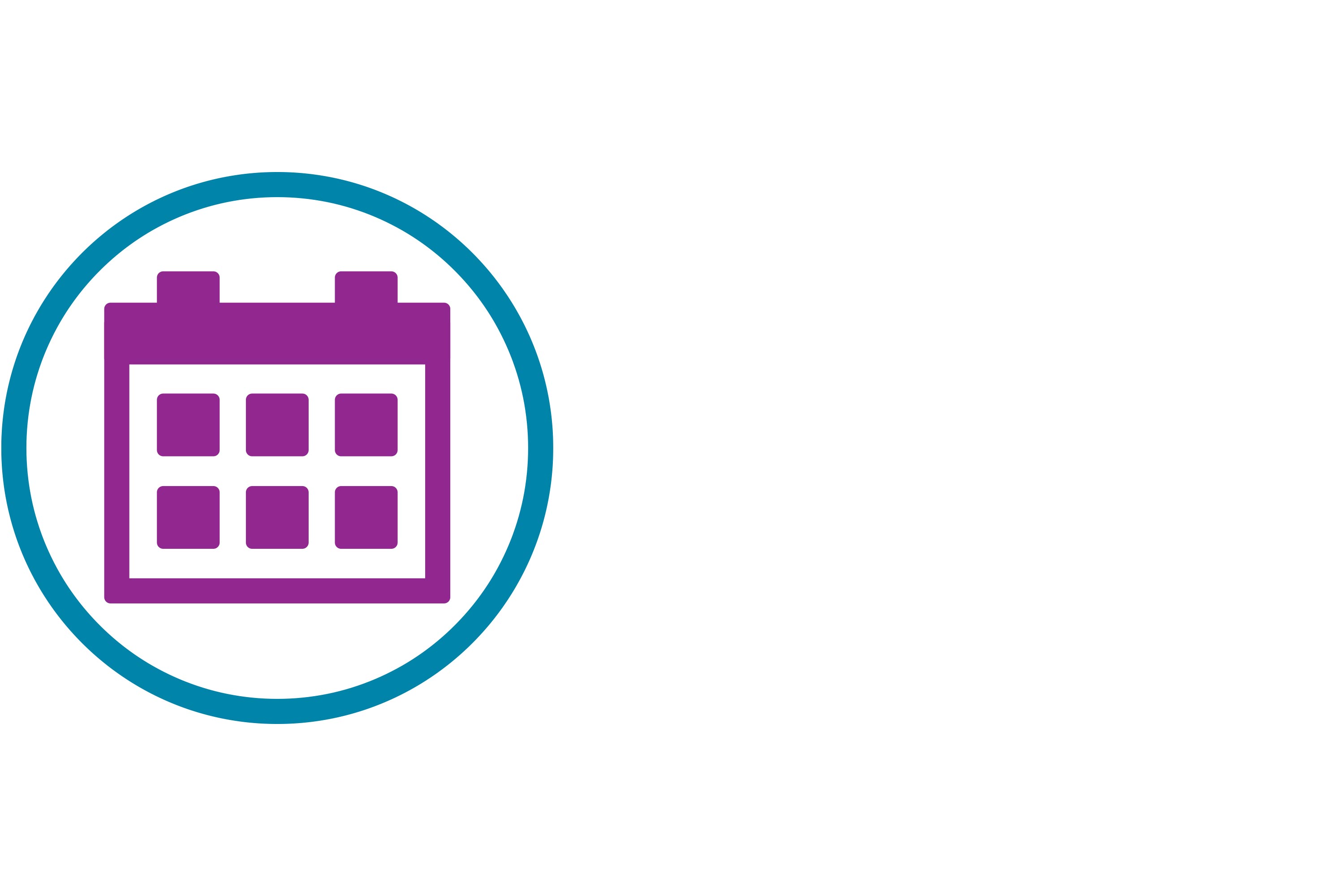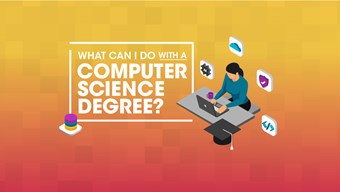Semester 1
Communication Skills
You will develop communication skills and understanding of different methods and styles of communication. You will consider appropriate methods of communication in both formal and informal environments. You will develop your understanding of social media and how to use it effectively. By looking back at previous activities and considering the choices you made and how you may do things differently in the future, you will enhance your skills on reflection.
Digital and Research Skills
You will learn how to navigate responsibly around the internet using different search engines and resources, including AI, and will develop your understanding of how to stay safe online and create an appropriate online presence. Learn about interpreting information you find; how relevant and accurate it is and how to present it. Discover a variety of learning resources and understand the importance of academic integrity.
Sustainability and Society
You will explore the UN Sustainable Development Goals and how sustainability has a wider impact on society. A problem-solving approach to global sustainability will be adopted and you will be encouraged to think about the role you and others play in addressing sustainability issues and an understanding of who is accountable. Also looking at both the broad concepts of sustainability and the aspects which are relevant to your chosen discipline.
Semester 2
Foundation Year Project
Develop your research skills by learning how to choose, plan and carry out an investigation into a chosen topic. Discover the importance of ethics when conducting research and practice presenting research. This module helps prepare you for entry onto Level 4 of the degree programme through the formative e-portfolio containing a log of activities, your 2000 word written project and your video presentation.
Shaping Skills for Success
This module will enable you to develop wider skills that are needed to succeed during your studies and beyond. You will be introduced to different types of skills and how to track and reflect on your skills development. You will develop your skills by participating in sessions focused on specific skills and hearing from a variety of guest speakers. You will take part in a group challenge designed to develop your teamwork and communication skills and reflect on the skills you develop during this module as part of your Foundation Year Project.
Core Concepts of Computer Science
Introducing you to some of the concepts of computing, including how computers work, how you can use computers to perform tasks and move on to review the concept of programming computers and understanding how computers can communicate with each other through networks. Finally, we will cover the topic of keeping yourself safe and practicing good cyber hygiene.
Choose one*:
- Core Concepts of Law
- Core Concepts of Business
- Core Concepts of Criminology
- Core Concepts of Psychology
*Options available are indicative and available subject to numbers and the campus chosen. Students will also complete the Shaping Skills for Success programme.
















